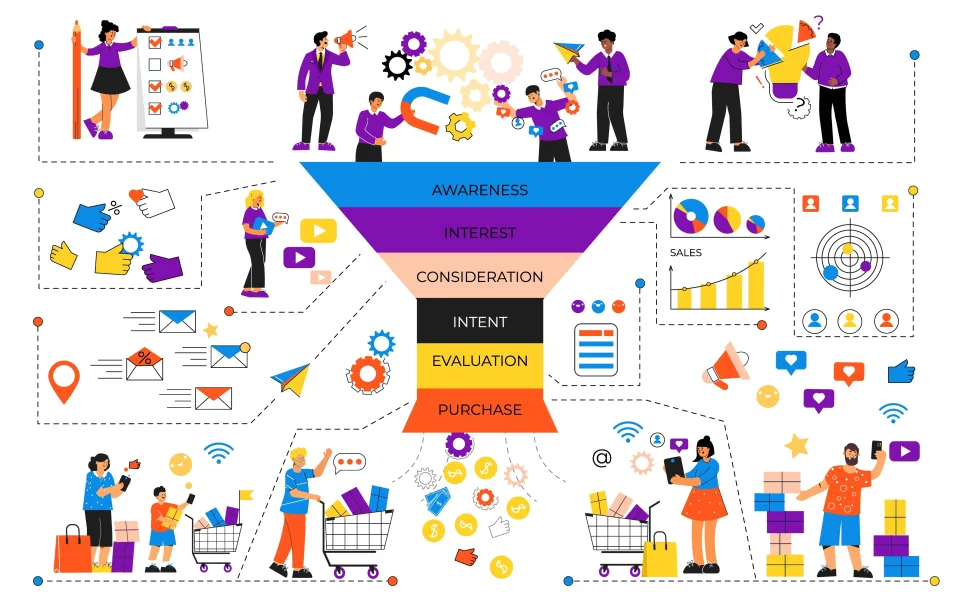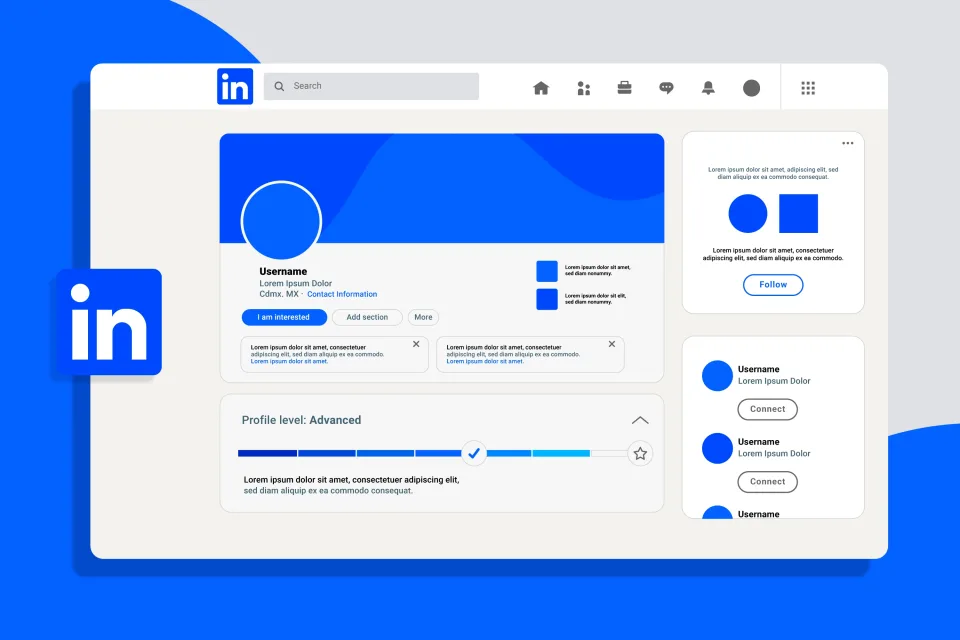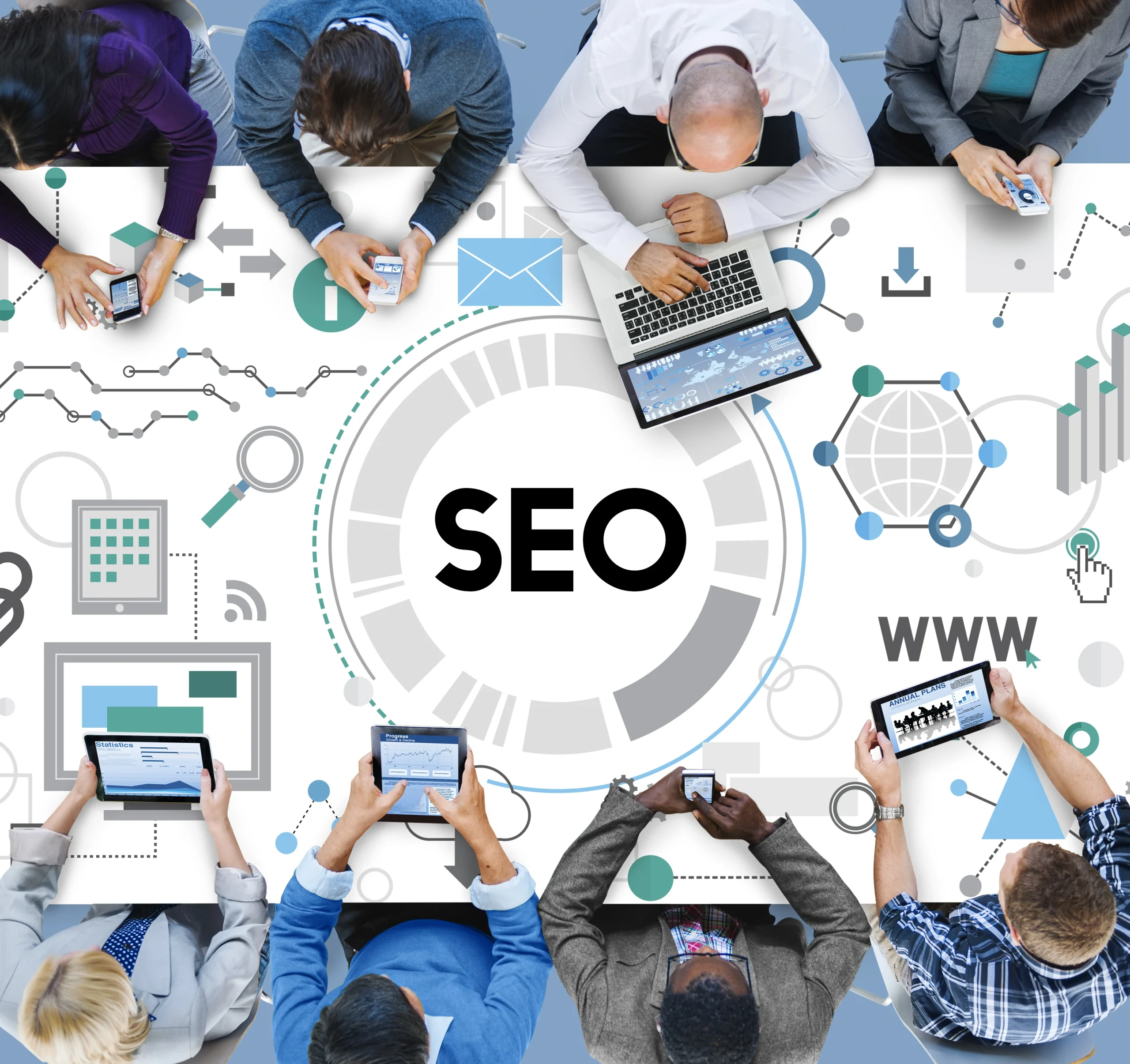
Why Business Owners Struggle With SEO
Nowadays, every business owner knows SEO is essential, but few grasp its complexities. If you’re running a company, your focus likely lies on products and customers—not the shifting search engine algorithms. I’ve stared at a dashboard with terms like “technical SEO” and “keyword cannibalization,” sipping cold coffee while Googling! When agencies use jargon, it’s easy to tune out. Ignoring SEO services costs visibility, revenue, and growth. This guide breaks down six powerful SEO services to demystify the process and help you decide if partnering with Stremeline fits. Let’s navigate this course together—grab a snack to stay energized!
What Are SEO Services?
SEO—short for Search Engine Optimization—is all about the process of sprucing up your website so it ranks higher on search engines like Google and Bing. The higher you get on the ranking, the more visibility and organic traffic you receive without paying for ads! I used to think it was some tech wizardry, but really, it’s just making your site pop for people searching for your stuff. SEO services? They’re the pros you hire to tweak that magic, making sure you shine for searches like “SEO services” or “SEO for businesses”—kind of like your digital hype squad!
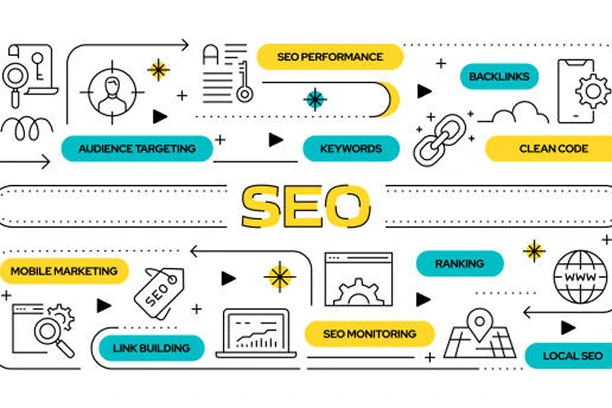
6 Powerful SEO Services
SEO is a multiplayer game with these stars, who are kind of chaotic but fun.
1. On-Page SEO: Optimize Your Content
This component focuses on optimizing the content and HTML source code of web pages. It includes the strategic use of keywords, meta descriptions, headers (H1, H2, etc.), internal linking, and image alt text to improve relevance and searchability.
2. Off-Page SEO: Boost Your Authority
Off-page SEO involves external efforts to boost rankings, such as acquiring backlinks from reputable websites, leveraging social media, contributing guest blog posts, and implementing online public relations strategies to enhance domain authority.
3. Technical SEO: Build a Solid Foundation
Technical SEO addresses website infrastructure optimization, encompassing site speed, mobile responsiveness, XML sitemaps, HTTPS/SSL security, and structured data implementation. These elements ensure technical efficiency and accessibility.
4. Local SEO Services: Dominate Your Area
For physical businesses, local SEO is vital, involving Google Business Profile optimization, NAP (Name, Address, Phone) consistency, online review management, and location-specific keywords. I helped an HVAC company rank for “local HVAC services” within six months, cutting ad spend by $10,000 monthly. Agencies ensure your business appears in “near me” searches, a growing trend in 2025, with mobile usage up 15% (SEMrush, 2025).
5. SEO Audits and Reports: Track Your Progress
SEO audits assess current performance, identify improvements, analyze competitors, and highlight keyword opportunities, with regular reports to monitor progress. I once used an audit to spot a 40% traffic drop, fixing it with simple tweaks. Agencies use tools like SEMrush, Ahrefs, and Google Search Console to deliver actionable insights.
6. Content Optimization Services: Engage Your Audience
Content optimization goes beyond keywords, focusing on quality, relevance, and engagement—factors Google prioritizes in 2025. This includes crafting 2,000-word guides, updating outdated pages, and using internal links to retain users. I’ve seen engagement soar with well-optimized blogs. Agencies conduct research on relevant topics, create SEO-friendly content, and ensure alignment with user intent, which can be informational or transactional.
How SEO Works
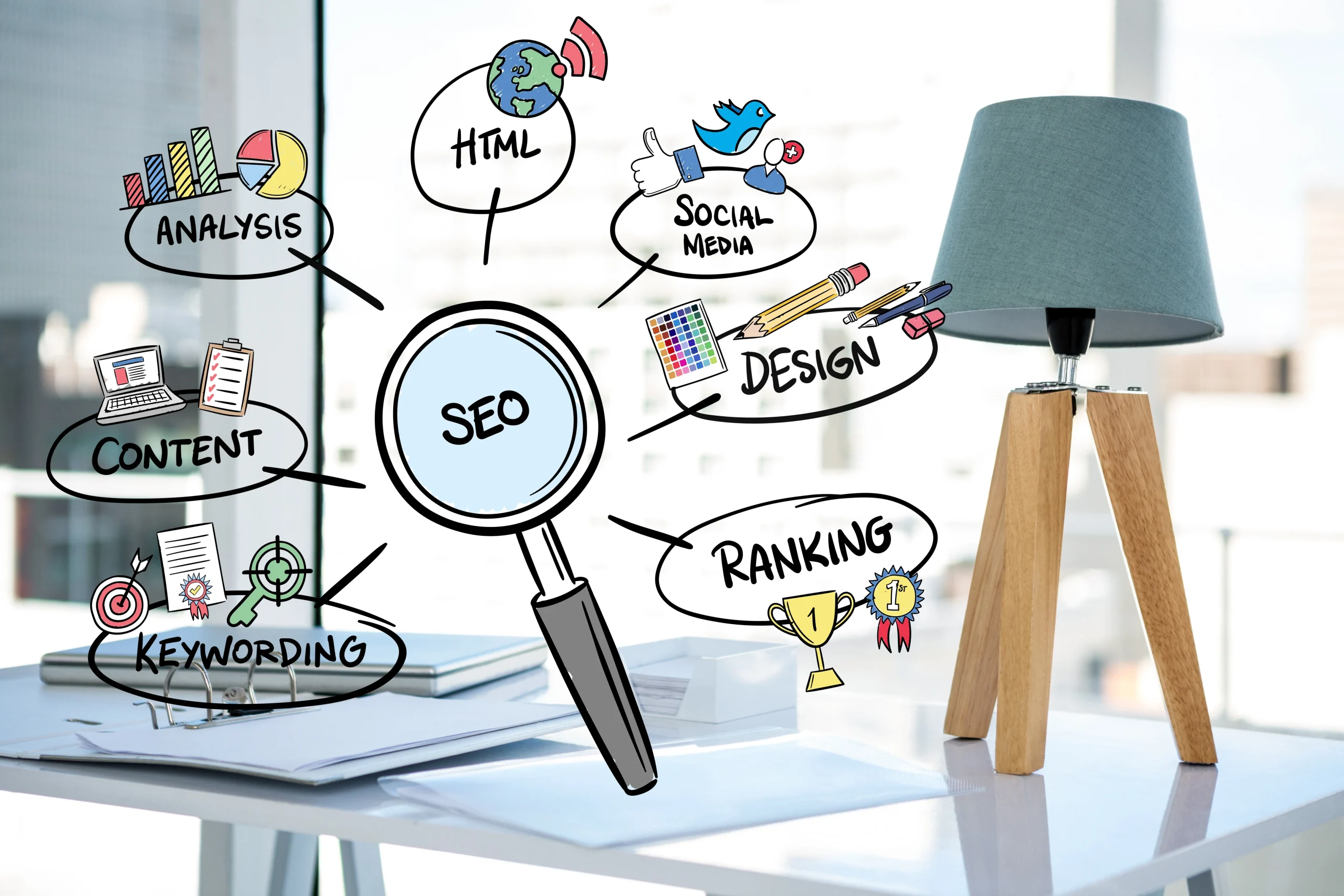
SEO operates through a systematic process:
- Google Sends Out “Bots” (Crawlers): These automated tools scan websites, indexing pages based on topic, structure, and relevance, storing the data in Google’s extensive index.
- Google Evaluates Your Site: Utilizing over 200 ranking factors—such as content quality, loading speed, backlinks, and user experience—Google assesses a site’s usefulness and trustworthiness.
- Competition in Search Results: When a query is made, your page competes with others. Higher placement in search rankings determines alignment with user intent and a superior user experience.
- User Engagement: Relevance and speed encourage user retention, positively influencing subsequent rankings.
Benefits of SEO Services for Business Growth
SEO offers long-term value compared to the transient nature of paid advertising. Key benefits include:
- Increased Visibility and Traffic: 75% of users stick to the first page (SEMrush, 2025), making visibility key.
- Cost-Effective ROI: A 22.5% ROI in six months (BrightEdge, 2025) beats ongoing ad costs.
- Authority and Trust: Top rankings build credibility.
- Enhanced User Experience: Optimized sites boost engagement and conversions.
What to Look For in an SEO Service Provider
Selecting an SEO provider requires careful consideration:
- Transparency
Avoid agencies promising guaranteed top rankings, as SEO is time-intensive and beyond full control. Verify their approach to avoid potential pitfalls. - Proven Track Record
Request case studies or referrals to evaluate past successes and reliability. - Tools and Technology
Ensure the use of industry-standard tools like SEMrush, Ahrefs, Google Search Console, or Screaming Frog for effective analysis. - Tailored Strategy
Opt for customized plans over generic packages to address specific business needs effectively.
Common Misconceptions About SEO Services

There is a lot of false information out there about Search Engine Optimization (SEO), which can make it difficult to understand. Let’s clear up some of the most prevalent misunderstandings about SEO services so you can better understand how to use them and receive the greatest results.
- “SEO Is a Task That Needs to Be Done Once.”
Many people think that SEO is a one-time thing: you optimize your site once, and then you get many visitors. Sadly, that’s not how it works. SEO is something that never ends. To improve search results, search engines like Google are constantly changing their algorithms. Your SEO strategy needs to be altered because these changes can affect your rankings. Furthermore, your competitors are continually trying to enhance their SEO, so you need to keep up to stay ahead. - “SEO Gives You Results Right Away”
Get ready to be patient if you think SEO services will bring in many visitors right away. It usually takes 4 to 6 months or more for SEO to show big benefits. It takes search engines time to find, review, and rank the modifications you make to your website. If you rush or expect to win right away, you can get frustrated or make bad choices. - “All SEO Approaches Are Identical”
Not every SEO strategy is the same. Buying low-quality backlinks or jamming keywords into your content are two hacks that can damage your rankings and perhaps get you in trouble. Quality backlinks, useful content, a faster site, mobile-friendly design, and clean code are all important parts of good SEO. It’s a mix of strategies that are right for your business and your audience. - “Keywords Are All That Matter in SEO”
- Keywords are vital, but SEO services are a lot more than that now. Search engines favor user experience characteristics such as site speed, mobile-friendliness, content relevancy, and engagement. You can’t just fill your content with keywords anymore.
How to Measure SEO Success
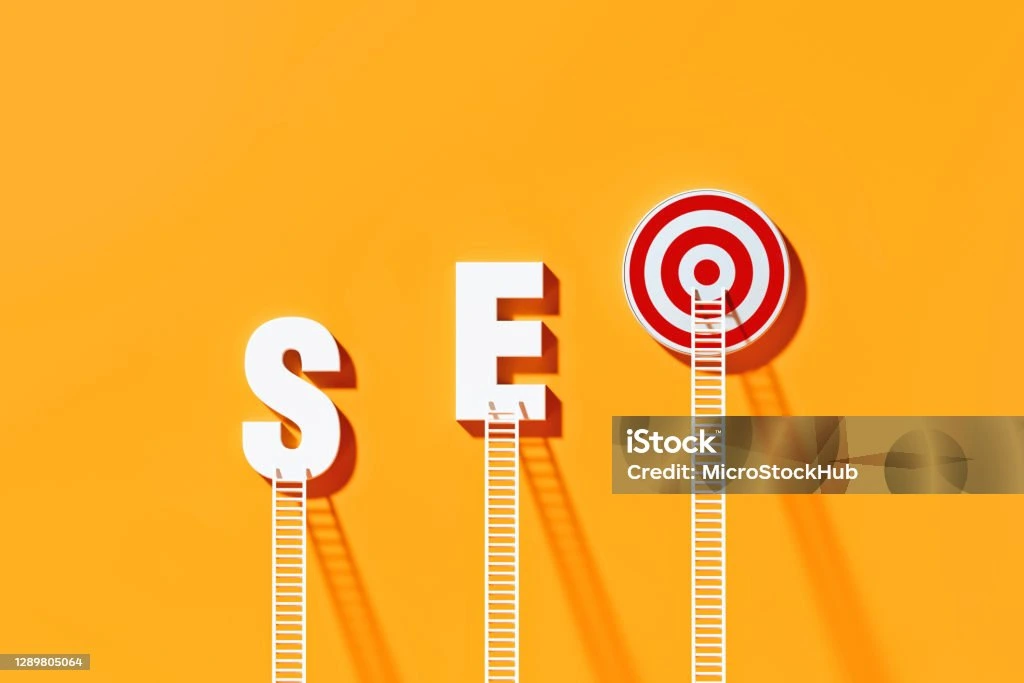
Track the following metrics to assess SEO effectiveness:
- Keyword Rankings—Check on the performance of your target keywords over time with SEMrush or Google Search Console.
- Organic Traffic—Look to see whether more individuals are arriving from Google to essential landing pages.
- Conversion Rate – Assess the rate of visitors turning into leads or customers. This informs you of the value of your business.
- Bounce Rate—Find out if customers stay on your site or leave right away. This could mean that your material is helpful or that the user experience isn’t pleasing.
- Backlink Quality—Track the acquisition of reputable links.
DIY SEO vs. Hiring an Agency
Consider the following options:
- DIY SEO
- Offers lower initial costs.
- Suitable for initial learning.
- Involves a steep learning curve.
- Requires significant time investment.
- Hiring an Agency
- Delivers faster results.
- Provides access to expert teams.
- Implements proven strategies.
- Ensures scalable, data-driven solutions.
For those with time, DIY is a starting point. However, for sustainable growth, an agency’s expertise is often more efficient.
Case Study: SEO Impact on a Local Home Services Business
A local HVAC company, previously dependent on paid ads, adopted an SEO strategy with the following outcomes:
- Achieved rankings for 15+ local keywords within six months.
- Experienced a 45% increase in organic traffic.
- Reduced ad spending by $10,000 monthly.
- Maintained steady growth during the off-season.
This demonstrates SEO’s potential for tangible returns when executed effectively.
Signs Your Business Needs SEO
- Absence from Google’s first page for core services.
- Heavy reliance on paid advertising for traffic.
- Competitors are outperforming online.
- Outdated website content.
- Upcoming product or location launches.
If these apply, prioritizing SEO services is advisable.

Final Thoughts: Is It the Right Time to Invest in SEO?
SEO represents a strategic, long-term investment rather than a mere budget line item. When implemented correctly, it enhances visibility, credibility, and lead generation without the ongoing expense of paid ads. For startups or local businesses aiming to differentiate themselves, SEO services could be a pivotal decision.
Consider partnering with a trusted agency to maximize results. Begin with a modest approach, such as an audit or consultation, and celebrate milestones as you progress. With patience, SEO can significantly transform your business.

